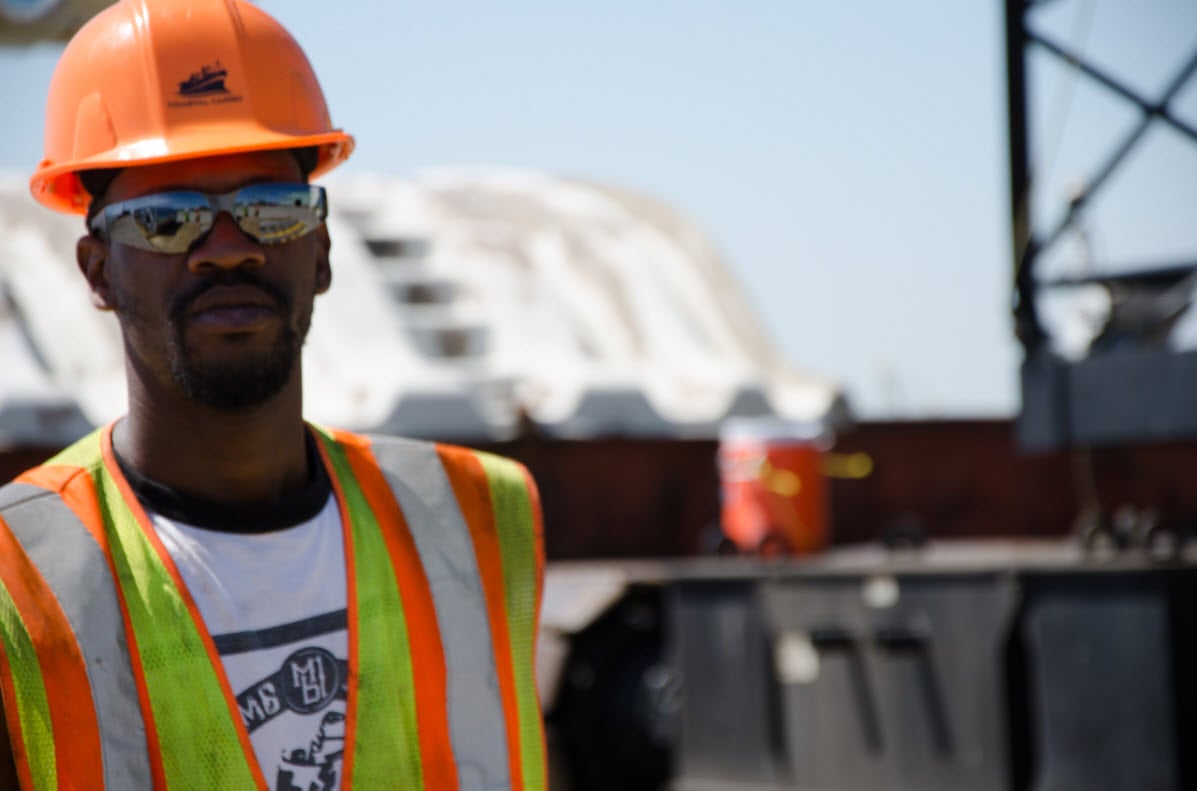Our words and voices have a power that many of us don’t use. Speaking up is one of the first steps to strengthening a workplace safety program and changing a safety culture. So often employees sit back and say nothing when they have an idea, a suggestion, an observation, or a criticism, but for some reason they don't want to speak up.
Even though unsafe conditions and behaviors can occur in work operations and job tasks, they do not have to be tolerated. Workers have the right to a safe workplace free from hazards.
In my experience as a safety professional, I have heard many reasons for workers not wanting to speak up about safety, ranging from not wanting to be judged to fearing repercussions from their employer to looking stupid in front of their coworkers. As a result, employees hold back on safety concerns or issues, ideas on how to address those concerns/issues, and questions about what can be done to help control the hazard of their job tasks.
There are four reasons why, despite the risk, standing up and speaking out is so important:
- Silence is deemed approval. You may think that staying silent keeps you from being involved in any conflict or problem, but it is quite the opposite. Silence is as much an active form of communication as talking. when you are involved in a situation, people are aware of all the input and lack of it. If you disapprove and don't say anything, it will appear that you find the situation or condition acceptable. If the problem persists and you did nothing, it may appear that you enabled it, which could cause you to shoulder as much blame as who (or what) actually caused the problem. You may create mistrust and resentment.
- The greater good should be the priority. You may stay silent because you don't want to offend or criticize someone. However, when there is exposure to hazardous conditions or situations, it's selfish to put this desire above the needs of the others. Even worse, by staying silent, the hazardous conditions or situations may continue, and someone could get injured or killed. Someone speaking up could have made a difference between life and death. The worst-case scenario if you speak up is that someone disagrees, but at least the issue was brought to the forefront and an active decision can be made. The best-case scenario is that everyone benefits.
- No one else may realize the issue. Let’s suppose you have noticed a hazard that could cause an accident or compromise the safety of you or someone else in the workplace. You can't assume what is obvious to you is obvious to others. Your experience and knowledge may have value in a given situation because no one else has your unique perspective. When it comes to workplace safety, any concern is worth mentioning, no matter how big or small, and your piece of the puzzle may be the most important.
- You may not be alone in your concerns. It's entirely possible that your observations and conclusions are shared by others but they are unwilling to speak up. When you do so first, you may give them confidence to voice their concerns and opinions. If everyone holds back, nothing may change about the hazardous conditions or situations.
When speaking up, employees should be specific about their concerns, be objective and focus on the facts, provide solid reasoning for why the problem needs to be addressed, and offer possible solutions for how the concerns could be addressed. Whether you’re an employee or employer, don’t focus on how concerns may have been handled in the past. Focus solely on the present – after all, action taken today can have a big impact on the future, especially when it comes to matters of safety.
All employees want to work somewhere they feel their input is welcome. They want to be free to express their safety concerns and ideas on how hazards should be addressed, and confident that their ideas will be heard and recognized. An employee that speaks up can help transform the company’s safety culture and values. Remember, silence protects no one and changes nothing. If employees learn to speak up, they can help make their workplaces safer one voice at a time.
For more information, ALMA members may access our full Safety Bulletin on this topic by clicking here (login required; if you do not have a login, click here to register).


